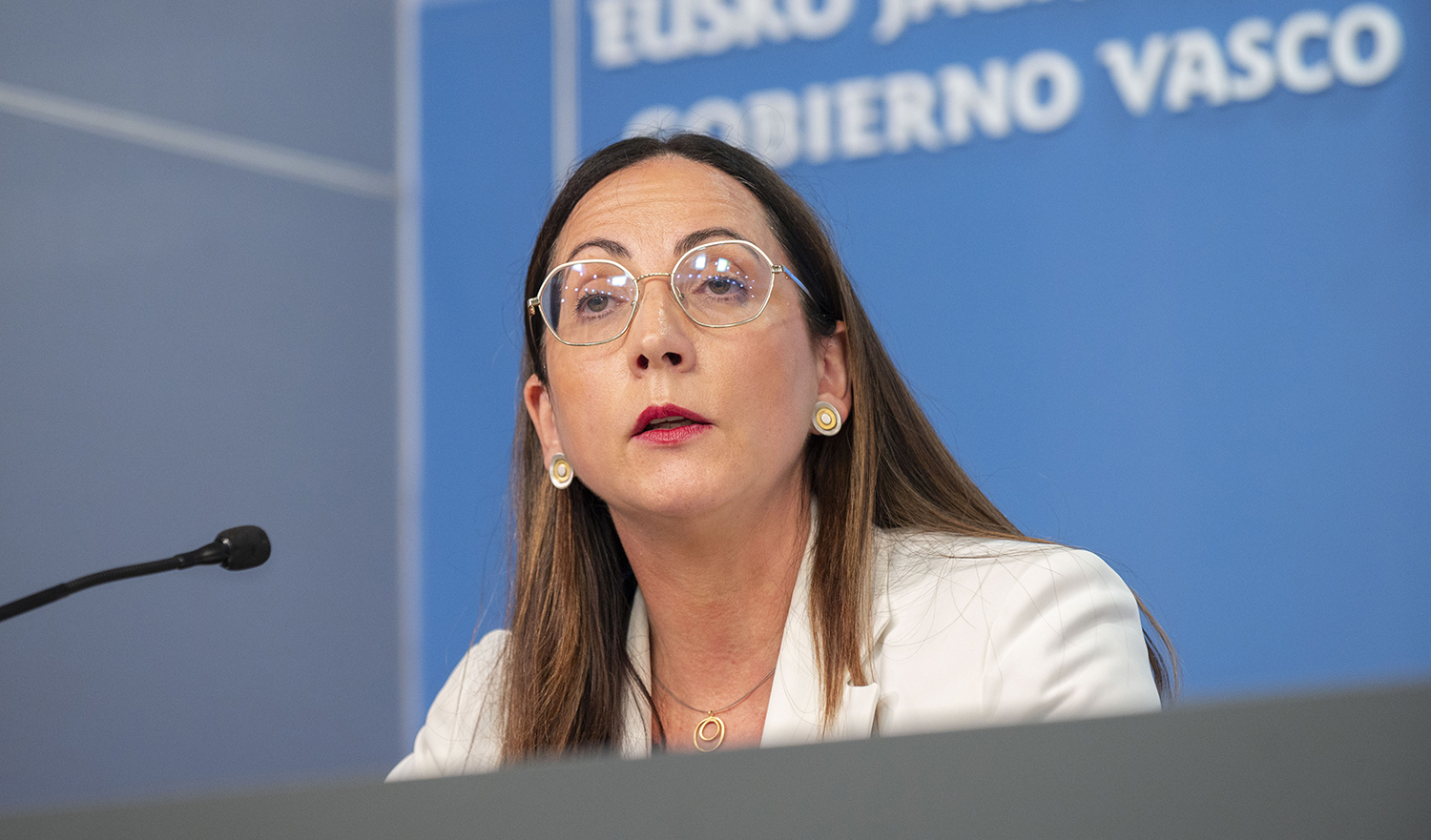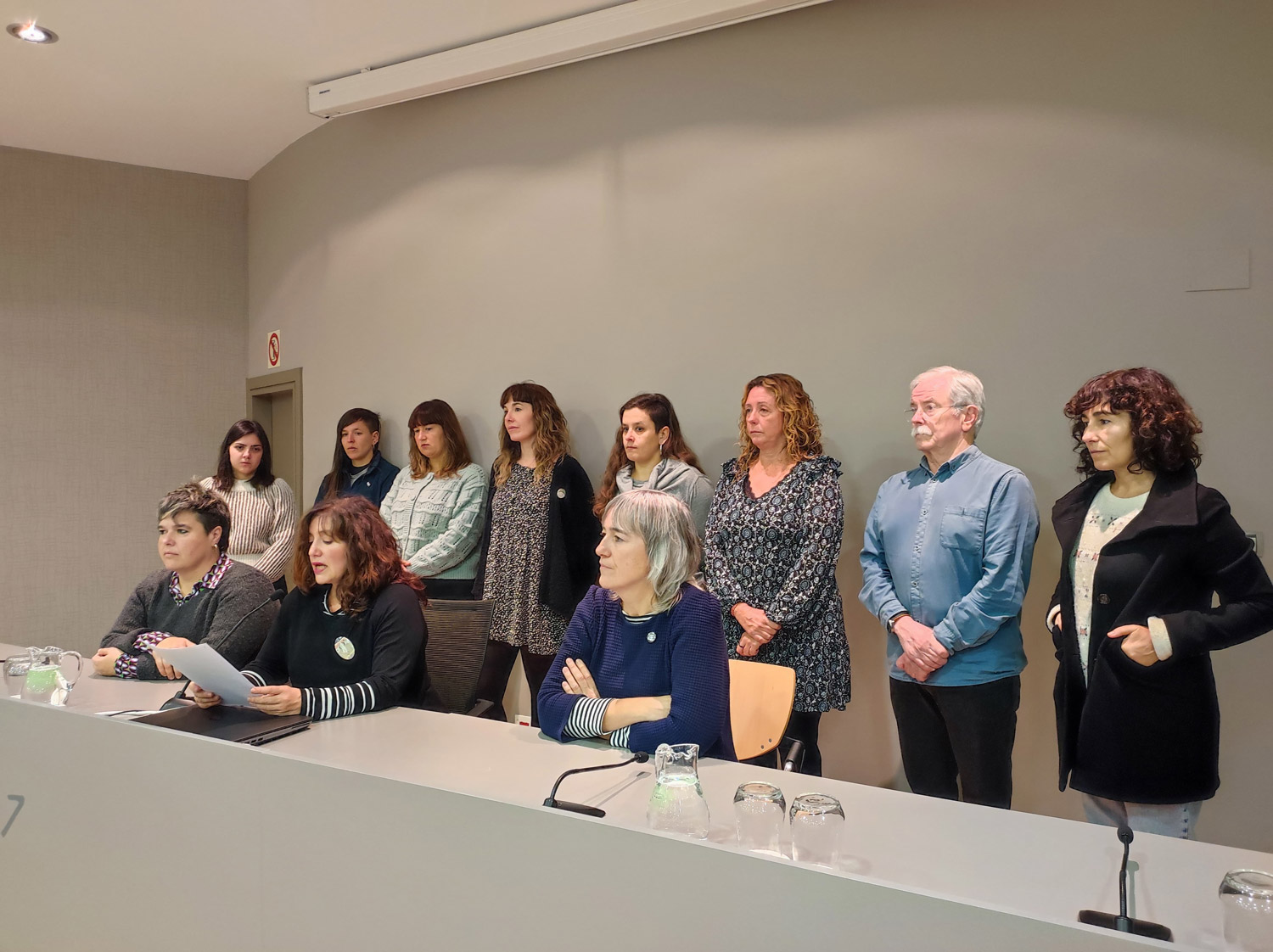Federation of Ikastolas: "We define the conditions, rights and duties to participate in the Basque Public Education Service"
- “Guarantee the real autonomy of the school, overcome the public-private dichotomy and regulate a system that drives the Basque Public Educational Service”, among other things, have requested the ikastolas to the CAV Education Law.

After the opening of the debate processes in the ikastolas to reflect on the CAV Education Law in Egoste, the Confederation of Ikastolas has published the conclusions contained therein. The Association has considered the Basque Public Education Service which is at the heart of the Law (according to this formula any centre that meets a number of requirements will be entitled to be 100% funded with public money) and has recalled that they welcomed the creation, definition and requirements and commitments to participate in this formula contained in the law agreement agreed in March by several political parties. At the moment, the Ikastolas Confederation has requested that the conditions and rights and obligations of the centres to participate in the Basque Public Educational Service be determined.
Ikastolas have also spoken more broadly: they have called for their own educational system and have demanded “a new legal framework to maintain and extend the characteristics of ikastolas in order to maintain our commitment to Euskal Herria and offer our characteristics to the whole society”. They have recalled these characteristics: Basque, transmission of Basque culture, Basque curriculum, democratic model of governance, participation and neighborhood work, innovation, self-materialization...
To maintain these characteristics, the Federation of Ikastolas has considered it essential to “guarantee the real autonomy of the school” and has emphasized education based on the citizen model, with the direct participation of municipalities, “in favor of a model in which the community participates in the decisions”.
He has highlighted three major challenges: the Basque Country, the transmission and segregation of Basque culture. “And to them we must respond as a people, we cannot mock”
Challenges and collaboration
The Association says it is the “time to play big”, highlighting the three great challenges facing Basque society (and Basque education): the Basque Country, the transmission and segregation of Basque culture. “And we must respond to them as a people, collectively and through collaboration between different actors. We cannot move between agents. We must all seek consensus on the path we want to move towards a new educational system. Let’s take the best experience of each different one.”
Understanding that the next law is “an important step in the path of the Basque National Education System itself”, the Federation of Ikastolas has been willing to collaborate and discuss in this transition.
Why concerted teaching?
The new Education Act adopted by the CAV against most public school officials aims to ensure that concerted education is free of charge through the financing of public authorities. The Spanish State has also announced a significant increase in public... [+]
Hunters, Marianistas, Niño Jesús, CEU San Pablo - Virgen Niña, Carmelitas, Presentation of Mary, Vera Cruz, NClic, San Viator, Escorapias, Scholapios, Bárdarias, Nazareth, Immaculate Conception, Hogar San José, Egibide. More Olabide by Eusko Ikastolen Batza. Finally, the... [+]
In response to the numerous statements of the new Education Advisor, Begoña Pedrosa, Law 17/2023 on Education will be implemented at the beginning of the course, approved in Parliament with the sole support of the PNV and the PSE. This implementation will entail the application... [+]
Who orders us ...?
The Basque Government has just been set up and the Minister for Education will be Begoña Pedrosa. Being a vice-counselor in the previous legislature and being one of the founders of the new Education Law passed last December, we are allowed to ask some... [+]
The recently passed Education Act is as bad as it is new. Throughout the processing process there has been a broad social sector against the spirit of this law, and this opposition has been greater in the face of its adoption. We want to make public the assessment and reflection... [+]
The new Education Act, which had to be born of consensus, was adopted in anger and disagreement. The lack of agreement is due to the public-private question and linguistic models. A lot of pity.
In this we follow the Spanish model, because in the CAPV we are not able to lay... [+]
Those of us who write and sign these lines are young people between 20 and 26 years old who have joined us in the context of the generational relay of Euskalgintza. In our case, we have decided to contribute to the struggle of the Basque Country in the Basque Country from... [+]
















